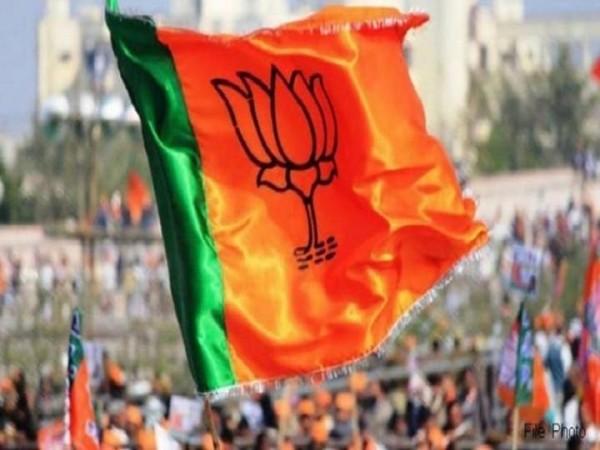![BJP fields Tashi Gyalson for Ladakh; drops sitting MP [details] BJP fields Tashi Gyalson for Ladakh; drops sitting MP [details]](https://data1.ibtimes.co.in/en/full/797185/bjp-fields-tashi-gyalson-ladakh-drops-sitting-mp-details.jpg?w=398&h=398&l=50&t=40)
In a significant political development, the Bharatiya Janata Party (BJP) has announced Tashi Gyalson as its candidate for the Ladakh Lok Sabha seat for the upcoming 2024 elections. This decision marks a departure from the party's previous choice, as it has chosen to drop the sitting MP, Jamyang Tsering Namgyal. The announcement was made on Tuesday.
Tashi Gyalson, the newly announced candidate, holds a prominent position in the region as the chairman-cum-chief executive councillor of the Ladakh Autonomous Hill Development Council in Leh. His legal background and strong local connections are believed to be advantageous in maintaining the BJP's hold over the seat, which also includes the Muslim-majority region of Kargil.
The decision to drop Jamyang Tsering Namgyal, the sitting MP, comes amid a wave of resentment towards the BJP among a section of Buddhists in Leh. Namgyal had previously made headlines in 2019 with his viral speech in the Lok Sabha, where he staunchly defended the Narendra Modi government's decision to repeal Article 370, leading to Ladakh's establishment as a separate Union Territory.
Strategic Shift in Candidate Selection
Despite his previous prominence, the party has chosen to field a candidate with a stronger local connection to tackle the growing discontent. This strategic move by the BJP is not an isolated incident. It reflects a broader pattern in the party's approach to handling anti-incumbency.

In Delhi, for instance, the BJP dropped six out of seven sitting MPs in a bid to counter anti-incumbency. The party's strategy appears to be focused on fielding candidates who can better address local issues and maintain the party's support base, especially in the face of discontent.
The BJP, as part of the National Democratic Alliance (NDA), has set an ambitious target for the upcoming elections. The party aims to secure 370 seats for itself and 400 seats for the NDA. This target underscores the party's confidence and its commitment to maintaining a strong presence in the Lok Sabha.
Historical Precedence and Future Implications
Historically, political parties in India have often resorted to changing candidates to tackle anti-incumbency and local discontent. The BJP's decision to field Tashi Gyalson in place of Jamyang Tsering Namgyal can be seen as part of this larger trend. It is a strategy that has been employed in the past and continues to be relevant in the dynamic and often unpredictable landscape of Indian politics.
In conclusion, the BJP's decision to field Tashi Gyalson for the Ladakh Lok Sabha seat marks a significant shift in the party's strategy. It reflects the party's efforts to address local discontent and maintain its hold over key constituencies. As the 2024 Lok Sabha elections approach, it remains to be seen how this decision will impact the political dynamics in Ladakh and whether the BJP's strategy to tackle anti-incumbency will yield the desired results. The political landscape of India continues to evolve, and this decision is yet another testament to the dynamic nature of Indian politics.

















